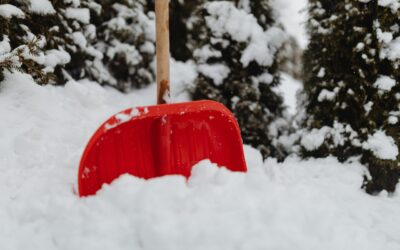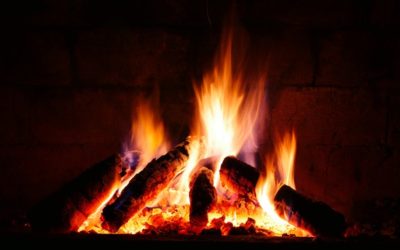Spring in Chicago is generally rainy and we can all benefit from the use of rain barrels. Rain barrels collect rain water and cut down on our use of water from our hoses for our non-potable water usage. Some gardeners are perfectly comfortable using the water from their rain barrels on their vegetable gardens. They assume that if we wash our vegetables and fruits before we eat them, using water from a rain barrel is no different then using water from a hose. Even if we are using treated water from a hose on our garden, our pets, neighbors pets, and the usual assorted wildlife, as well as the chemicals from our yards and our neighbors yards could be contaminating our produce. Washing produce properly before eating it should take care of any contaminants from any source.
However, if for any reason, you are uncomfortable with using the water from a rain barrel directly on your vegetables or fruits, that water can be used at the roots of the plants from a drip hose or a watering can instead. Apply water from your rain barrel to the soil around your plants rather than on the plants themselves. This allows the soil to perform its role as a filter and, if you amend your soil with plenty of compost, helps to trap compounds that you might be concerned will be taken up by your plants.
Even if you choose not to use water from a rain barrel on your edible gardens, there are still lots of places in your yard that you can use the water from a rain barrel with no concerns at all. Use a rain barrel, at the very least, to water your ornamental plants and lawns. Using a rain barrel saves money on your water bill and also helps by reducing the energy used to purify the water before it is used in your yard. Using a rain barrel can benefit your pocketbook and the environment.

